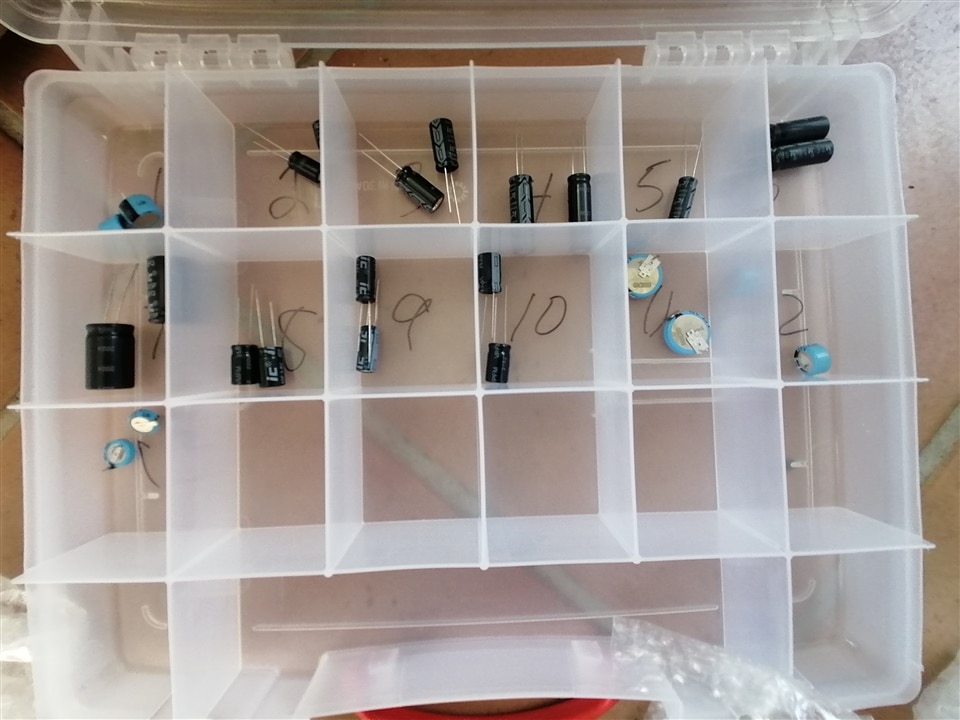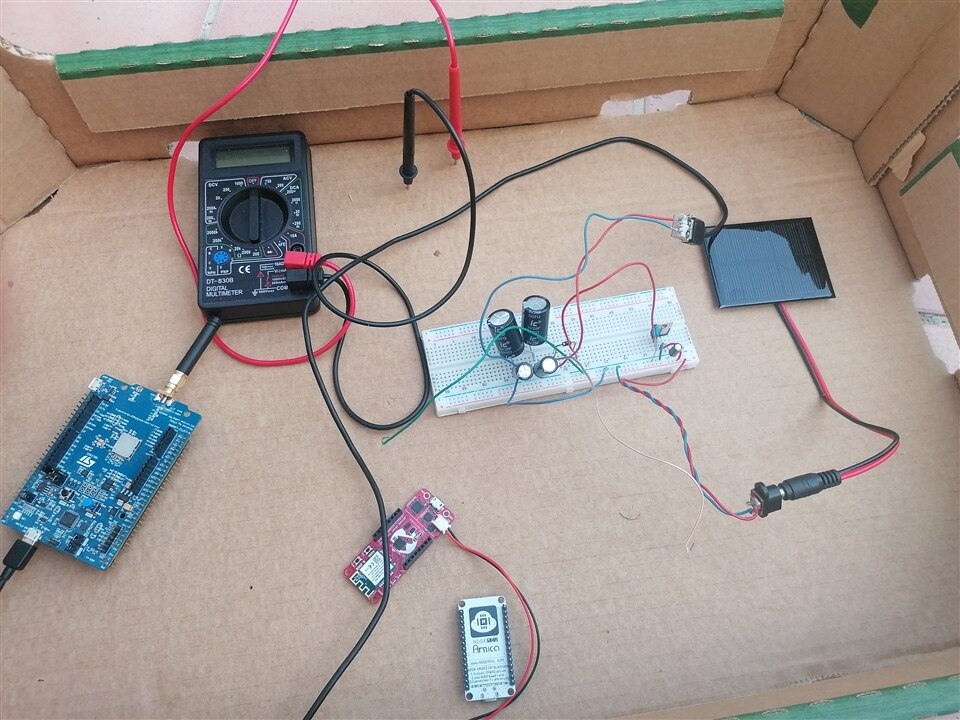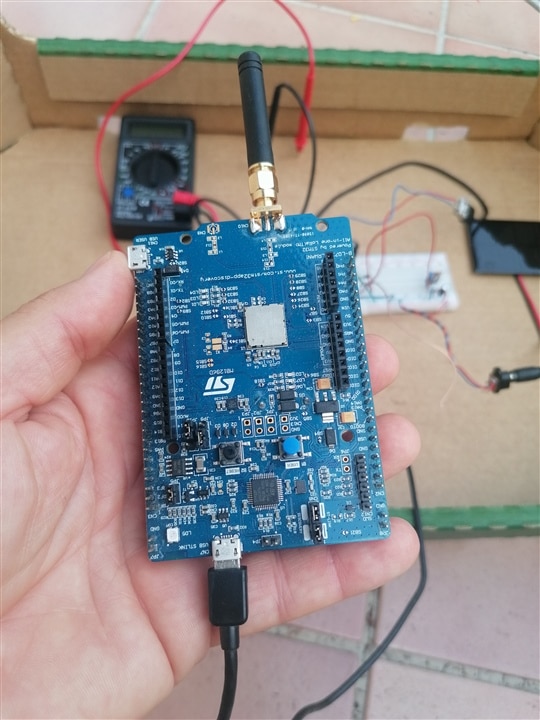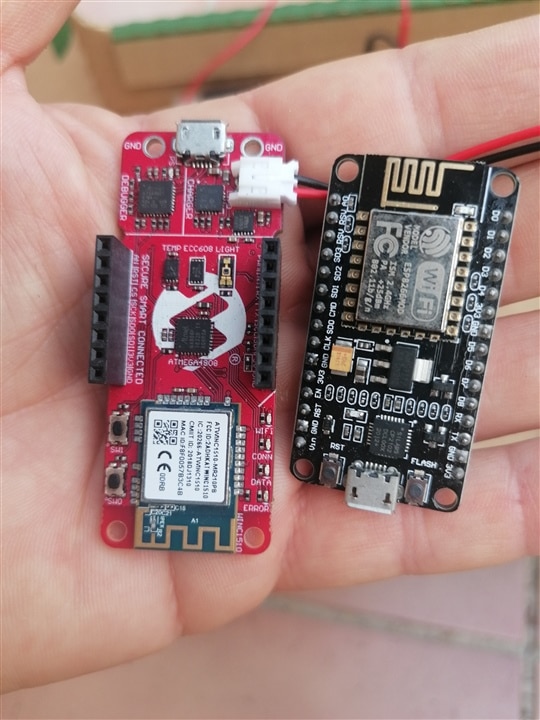Introduction
The experience with supercapacitors has been very positive. Ever since I received the supercapacitor kit from Cornell Dubilier, I have been playing with these devices trying to figure out how to use them for an energy harvesting project.
Unfortunately, I have to manage a very intense period with my work and above all a move to another house with all the resulting difficulties. I was left without my tools, apart from an old soldering iron and a digital multimeter so I was able to do only a qualitative study.

I think the fact that a passive device, essentially made up of two conductors separated by an insulator, can store energy is a very fascinating thing.
As a boy I enjoyed seeing how the circuits remained functional and the LEDs lit even a few seconds after the power supply was turned off, thanks to the presence of an electrolytic capacitor.
The pair of 47000 uF capacitors which stabilized my Hexfet amplifier, allowed me to listen to music even a few tens of seconds after the amplifier was switched off!
Today these supercapacitors have several orders of magnitude higher capacities and can easily reach values of a few Farad in the volume in which, years ago, we were able to obtain a few uF.
In this work I will try to document how I created a very simple solar energy harvesting system.
Since I couldn't use my measurement equipment, I did everything using the few components I had available and cannibalizing other components from old circuits I had.
I was very curious to see Cornell Dubilier's supercapacitors at work so I have done several measurement and usage tests in the last weeks.
This is my FPLB "Fantastic Portable Laboratory Box".

The system
The energy harvesting system essentially uses a solar panel to charge supercapacitors during the day to power our test circuit without using current regulation systems.
I have used the solar panel to provide "green" energy. The voltage, stabilized at 5V by an LM7805, has charged a supercapacitor.
Since the maximum voltages of the supercapacitors in the kit are quite low, I decided to use the series of two supercapacitors, in particular I've chosen two from 7F to 3V.


To test the energy harvested in the supercapacitors I have created a simple telemetry system using LoRa protocol with a STM32 B-L072Z board, and a telemetry system using WiFi with a Microchip AVR-IoT. In both cases, a pair of supercapacitors, kept charged by the solar panel, were capable of keep the boards switched on and functioning for a few minutes, more than enough time to be able to use the supercapacitors as "backup batteries".

Today there are numerous boards, even low-cost ones, which are designed for very low consumption and would be excellent candidates for energy harvesting tests using supercapacitors. However, a lot of work needs to be done on the code in order to minimize hardware consumption.
Conclusions
This challenge has been an excellent experience that made me work on devices I wasn't familiar with and which gave me several ideas to bring to my students in this new school year. I thank Cornell Dubilier for the supercapacitor kit he provided, Element14 for the opportunities it gives me to try new technologies and all the other participants in the Design Challenge for their blogs, full of ideas, useful information and advice.
